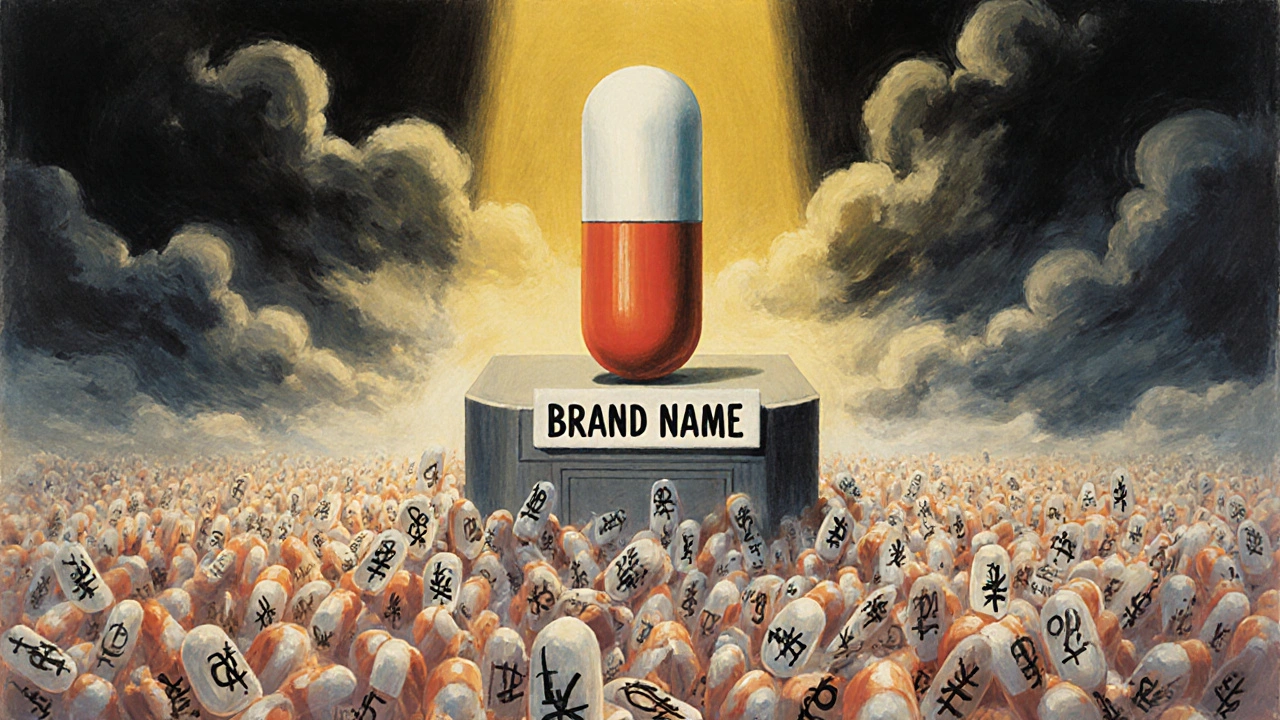Generic Alternatives: Safe, Affordable Drug Options You Can Trust
When you hear generic alternatives, lower-cost versions of brand-name medications that contain the same active ingredients and work the same way in your body. Also known as generic drugs, they are approved by health regulators to be just as safe and effective as the originals. Most people switch without issues, but some notice subtle changes—like a different side effect or a drop in symptom control. That’s not because generics are weaker. It’s because your body might react to tiny differences in fillers, coatings, or how the drug is absorbed.
Not all generic medications, FDA-approved versions of brand-name drugs that meet strict standards for quality, strength, and performance. Also known as generic drugs, they are approved by health regulators to be just as safe and effective as the originals. are created equal. For drugs with a narrow therapeutic index—like warfarin, levothyroxine, or cyclosporine—even small changes in how the body absorbs the drug can matter. That’s why doctors often recommend sticking with the same brand or generic once you’ve found what works. But for most meds—antibiotics, blood pressure pills, antidepressants—switching is perfectly safe. The key is monitoring. If your symptoms change after a switch, track them. Note new side effects. Talk to your pharmacist. Your body might just need time to adjust.
Many people avoid generics because they think they’re "inferior." But the truth? They’re made in the same factories, under the same rules, and often by the same companies that make the brand names. The only real difference is the price—sometimes 80% less. That’s why therapeutic equivalence, the official rating that confirms a generic drug performs the same way as its brand-name counterpart in the body. Also known as bioequivalence, it’s the gold standard for generic approval. matters so much. It’s not about marketing. It’s about science. And when you see that AB rating on your prescription, you know you’re getting the same medicine, just without the brand name markup.
What you’ll find below are real stories and practical guides from people who’ve switched to generics—and what they learned along the way. Some had no issues. Others noticed subtle changes in energy, mood, or side effects. A few had to switch back. Each post gives you clear, no-fluff advice: which drugs to watch, how to tell if your generic isn’t working, and how to talk to your doctor without sounding paranoid. Whether you’re saving money on blood pressure meds, managing depression, or just trying to stretch your budget, these posts help you make smart, informed choices—without guessing.

Why Prices Drop at Launch: The Real Reason First Generic Entries Crush Market Rates
Why do prices crash when the first generic version of a product launches? It's not about cost - it's about competition. Once customers have a real alternative, the old pricing model collapses.
Read more